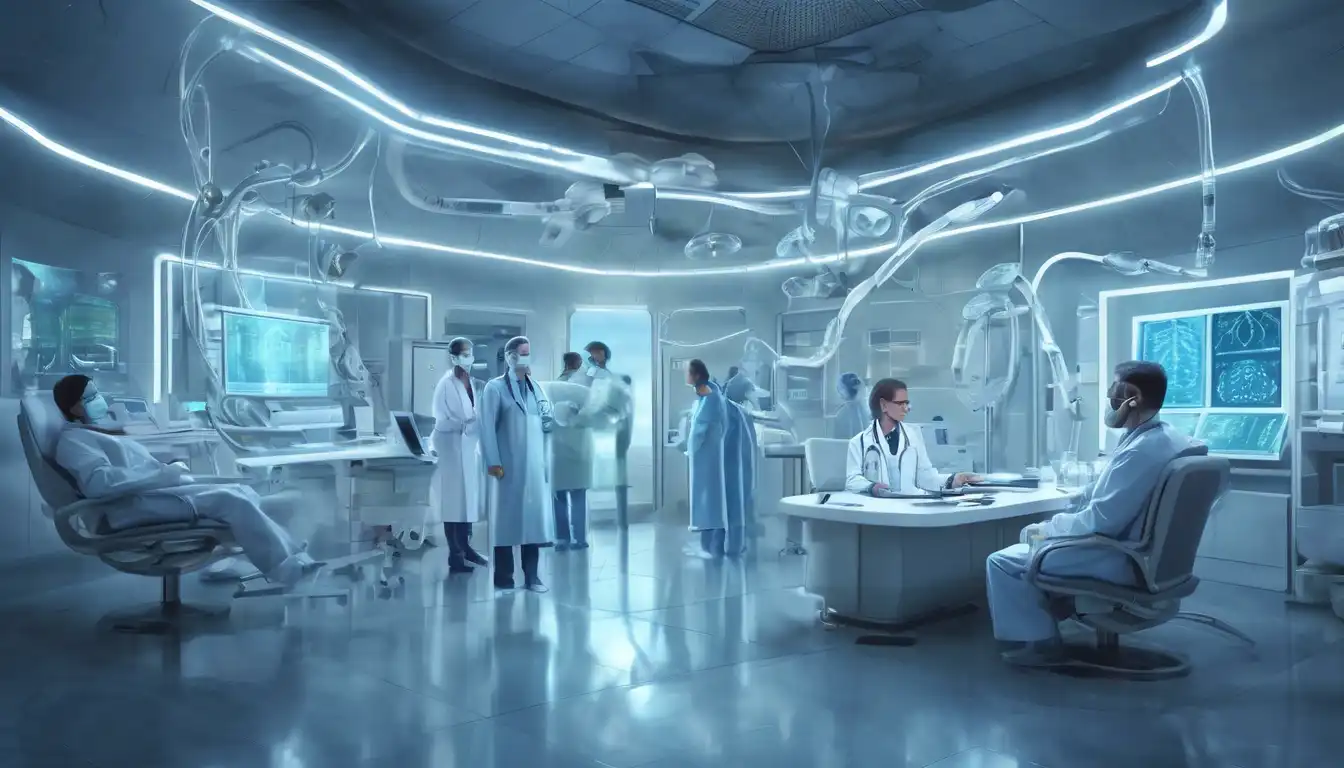Introduction to AI in Healthcare
Artificial Intelligence (AI) is revolutionizing the healthcare industry by offering innovative solutions to complex problems. From diagnostics to treatment personalization, AI's role in modern healthcare is undeniable. This article explores how AI is transforming healthcare solutions, making them more efficient, accurate, and accessible.
Enhancing Diagnostic Accuracy
AI algorithms are now capable of analyzing medical images with precision that rivals human experts. Technologies like machine learning and deep learning enable the detection of diseases such as cancer at early stages, significantly improving patient outcomes. For more on how technology is changing diagnostics, check out our related article.
Personalized Treatment Plans
AI's ability to process vast amounts of data allows for the creation of personalized treatment plans. By analyzing a patient's genetic information, lifestyle, and previous health records, AI can recommend treatments that are tailored to the individual's unique needs.
Streamlining Administrative Processes
Beyond patient care, AI is also optimizing administrative tasks in healthcare facilities. From scheduling appointments to managing patient records, AI-driven systems are reducing operational costs and improving efficiency.
Challenges and Ethical Considerations
Despite its benefits, the integration of AI in healthcare raises ethical and privacy concerns. Ensuring the security of patient data and addressing biases in AI algorithms are critical challenges that need to be addressed.
Conclusion
The role of AI in modern healthcare solutions is transformative, offering unprecedented opportunities to enhance patient care and operational efficiency. As technology evolves, the potential for AI to further revolutionize healthcare is limitless. For further reading on digital transformation in healthcare, visit our dedicated section.
